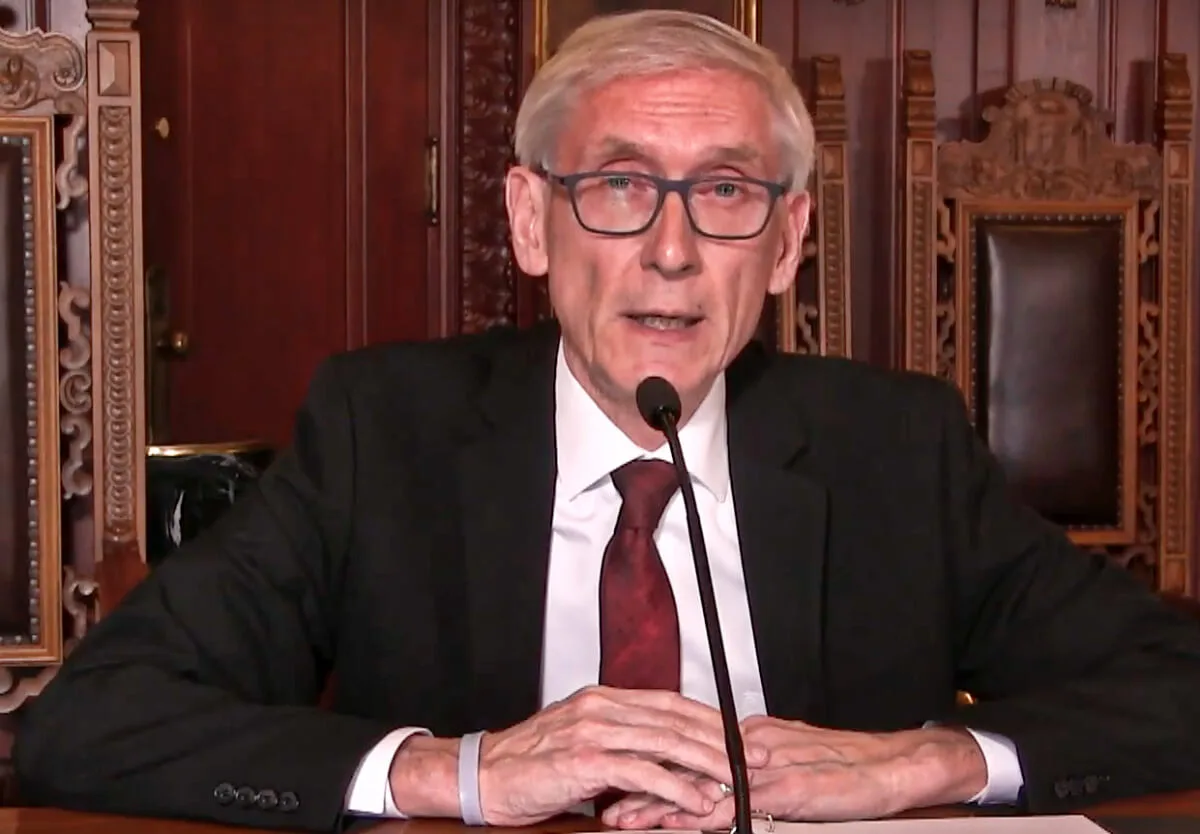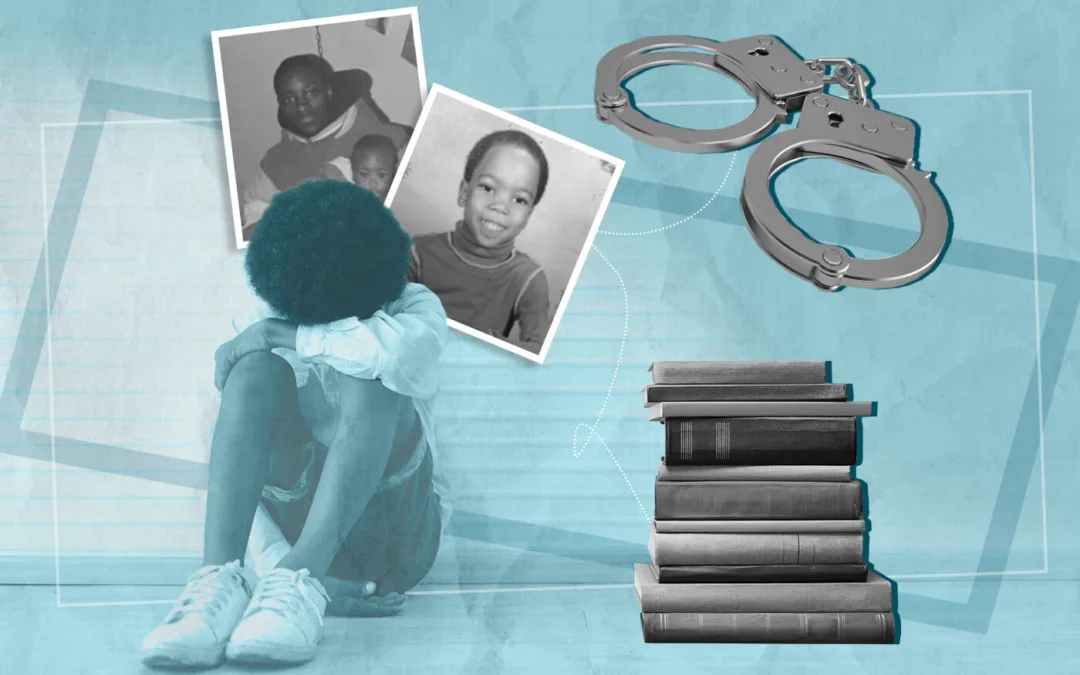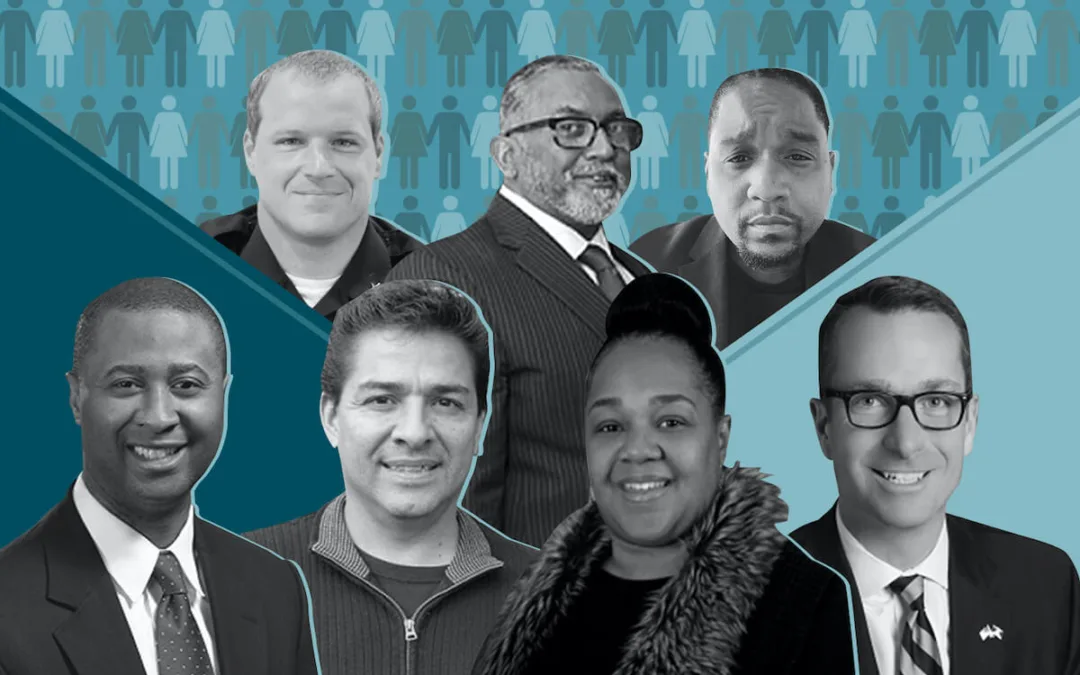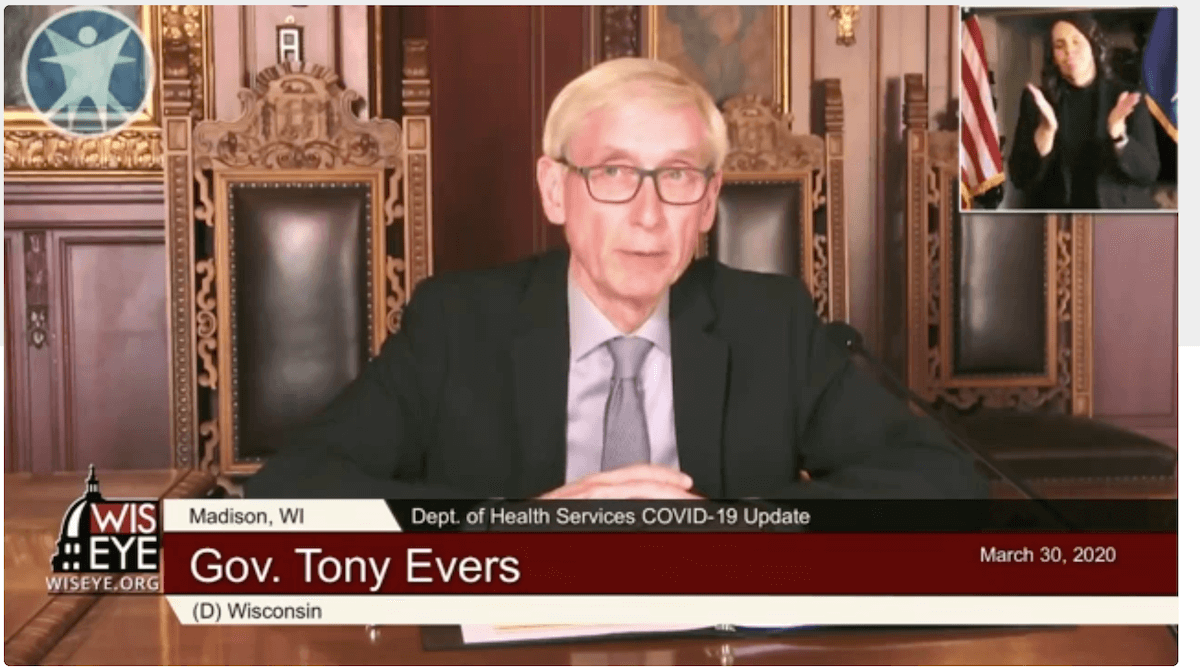
#image_title
#image_title
Pardons restore some rights stripped from people convicted of felonies.
Gov. Tony Evers announced Tuesday he pardoned nine more people convicted of felonies.
The new pardons bring Evers’ total to 65 since taking office last year. Pardons in Wisconsin restore some rights taken from people when they are convicted of felonies, such as the ability to serve on a jury, hold public office, and hunt.
“I believe in equal justice for all Wisconsinites and the positive impact pardons can have on our criminal justice system and communities,” Evers said in a statement. “During these unprecedented times, it gives me hope knowing that those receiving pardons are getting a second chance and new opportunities to better their communities.”
Among those pardoned are Matthew Brunner, 34, who lives in the Green Bay area. He was convicted of selling marijuana at age 21. He now works as an electrical systems technician and has a wife and two children.
Also pardoned was 27-year-old Brady Gibney of Delavan, who stole cigarettes from a gas station he broke into at age 17. He now holds a bachelor’s degree and works in manufacturing.
The oldest person pardoned in the latest round was Larry Fayerweather, 55. Fayerweather now lives in Canon City, Colorado, but at age 19 was convicted of cashing stolen forged checks in Wisconsin. He is a father and grandfather.
Gubernatorial pardons are a longstanding tradition in Wisconsin, but Evers’ initial pardons in Oct. 2019 were the first in the state in nearly a decade. Evers’ predecessor, Republican Gov. Scott Walker, did not issue a single pardon during his eight years in office. Walker told the New York Times he believed pardons “undermine” the criminal justice system.
People previously convicted of felonies are eligible to apply for a pardon if they completed their sentence—whether it be prison, jail, community service, probation, or parole—five or more years ago and have not been convicted of another crime since completing their sentence.
A pardon, while considered an official act of forgiveness, does not expunge the conviction from a person’s criminal record or seal court files related to the conviction.
Evers most recently pardoned 18 other people in July and 17 others in February.
Sean Wilson, Smart Justice director for the Wisconsin chapter of the American Civil Liberties Union, told UpNorthNews in February that he is happy to see Evers issuing pardons, but said the pardon system should be expanded to those still on probation or parole. More than 66,000 Wisconsinites were on probation or parole as of June 30, 2019, according to the Department of Corrections.
Politics

‘Radical’ Republican proposals threaten bipartisan farm bill, USDA Secretary says
In an appearance before the North American Agricultural Journalists last week, United States Department of Agriculture (USDA) Secretary Tom Vilsack...

New Biden rule protects privacy of women seeking abortions
Under the new rules, state officials and law enforcement cannot obtain medical records related to lawful reproductive health care with the goal of...
Local News

Readers Poll: Top Bowling Alleys in Wisconsin
Looking for the best bowling in Wisconsin? Look no further! Our readers have spoken in our recent poll, and we have the inside scoop on the top...

8 Wisconsin restaurants Top Chef judges are raving about
Top Chef’s 21st season is all about Wisconsin, and on-screen, it’s already apparent that the judges feel right at home here. But, while filming in...




